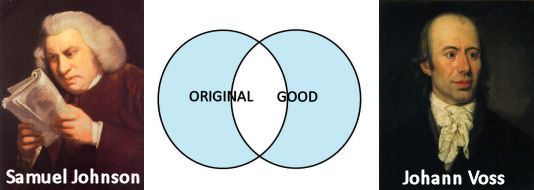Carol Burnett? Woody Allen? Tig Notaro? Steve Allen? Lenny Bruce? Bob Newhart? Thomas Hardy? Anonymous?

Question for Quote Investigator: Some humorists are able to transform disastrous or mortifying episodes in their own lives into hilarious comedy routines. Usually some time must pass before a painful memory is distant enough that it can be transmuted into something funny. The popular performer Carol Burnett once said:
I got my sense of humor from my mother. I’d tell her my tragedies. She’d make me laugh. She said comedy is tragedy plus time.
I have heard this formula attributed to other comics such as Woody Allen and Tig Notaro. It seems to apply to general events and not just personal incidents. Do you know who first crafted this formula?
Reply from Quote Investigator: The earliest evidence of this saying located by QI was published in Cosmopolitan magazine in February 1957. The television personality, actor, and polymath Steve Allen presented his viewpoint on the genesis of comedy. Boldface has been added to excerpts:1
When I explained to a friend recently that the subject matter of most comedy is tragic (drunkenness, overweight, financial problems, accidents, etc.) he said, “Do you mean to tell me that the dreadful events of the day are a fit subject for humorous comment? The answer is “No, but they will be pretty soon.”
Man jokes about the things that depress him, but he usually waits till a certain amount of time has passed. It must have been a tragedy when Judge Crater disappeared, but everybody jokes about it now. I guess you can make a mathematical formula out of it. Tragedy plus time equals comedy.
Joseph Crater was a judge in New York City who puzzlingly disappeared in 1930.2 Newspaper reports on the never-solved case mentioned: a secret blond mistress, missing money, corrupt politicians, and purloined papers. Eventually the event became grist for comedy and even graffiti scrawls such as:3
Judge Crater—Call Your Office
Here are additional selected citations in chronological order.
Continue reading “Quote Origin: Comedy Is Tragedy Plus Time”